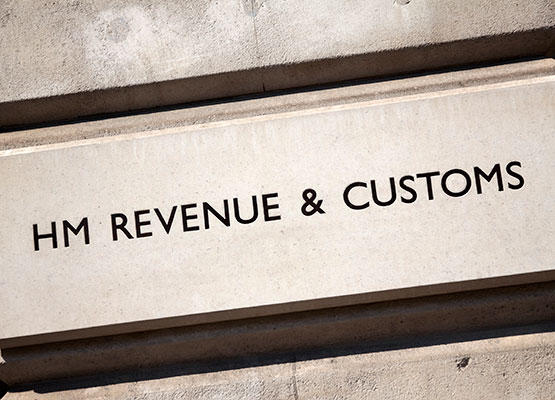- Home
- IPSE News
- Latest news
- Easing the cost of compliance
Latest news
Easing the cost of compliance
- 25 Jul 2018

A report released today by the British Chambers of Commerce paints a troubling picture of the tax system with the vast majority of UK businesses saying the cost of administration and compliance has increased compared to five years ago.
More worrying still is the fact that the deficiencies of the present system – already not fit for purpose – will be exacerbated if the Government’s intentions to hit the self-employed in the shape of damaging reforms to IR35, VAT and Making Tax Digital (MTD) come to fruition.
If the UK is to operate the fair, efficient tax system which it desperately lacks, the Government must take a number of bold steps.
IR35
If the Government wants to ease the uncertainty posed by Brexit, it first needs to eradicate the inhibiting policies which make the UK’s tax system the complexity it is. IR35 would be the perfect place to start.
The Government is currently consulting on extending the controversial public-sector reforms to the private sector, which mean that businesses will be required to make complex determinations about their tax engagements with contractors.
The reforms have been disastrous in the public sector and a recent study by IPSE and CIPD found that more than half (52%) of hiring managers said they had witnessed cost rises, delays and even project cancellations.
The changes have also caused damage by adding a significant administrative burden across the public sector. Eight in ten (80%) hiring managers said they had seen a sizable increase in the workload involved in engaging and paying contractors. And with three-quarters (75%) of hiring managers saying it is now harder to recruit contractors, further problems are likely to follow.
Rather than cracking down on disguised self-employment, IR35 instead makes it difficult for businesses to engage legitimate contractors. Instead of pursuing these inhibiting reforms, HMRC should provide more support for those trying be tax compliant – and answering the phones would be a good start!
VAT
The results of the British Chambers of Commerce study found that, because of confusion over the broad range of rules, rates, and regulations, nearly two thirds (64%) of businesses cited VAT as their biggest and most costly administrative load. The problem is, with the Government signalling its intention to lower the threshold, many more business could fall into its burdensome remit.
In our recent submission to the Government’s call for evidence, IPSE warned against decreasing the current £85,000 threshold as such a move would actively discourage many self-employed and small businesses growing beyond the threshold. Instead, to encourage innovation and stimulate small business growth, IPSE called for the threshold to increase in line with RPI – following a trend which saw the threshold adjust in line with RPI between 1980 and 2017.
Making Tax Digital
In terms of both time and money, businesses are already facing pressure to be ready for the implementation of the Government’s new Making Tax Digital scheme. Under the original MTD timeline released last year, most businesses – including many self-employed people – “will be required to keep track of their tax affairs digitally and update HMRC at least quarterly via their digital tax account”, by 2020.
To provide smallest business breathing room and ease administrative and compliance burdens, mandatory MTD reporting should be delayed until 2025. In addition, the largest businesses – those with the resources to adapt to the changes – should be targeted first, with those under the current VAT threshold exempt for the time being. The requirement for quarterly reporting should be removed altogether as this will serve only to increase compliance and accountancy costs for businesses.
Many critics already worry that Government consultations aren’t comprehensive enough and fail to consider many of the legitimate concerns evidenced by organisations like IPSE. By implementing ill thought-out policies such as IR35, VAT and MTD, businesses will become entangled in further administrative burdens.
Meet the author

Tom Hayward
Senior Press & PR Officer
More on
Find out more about our work
